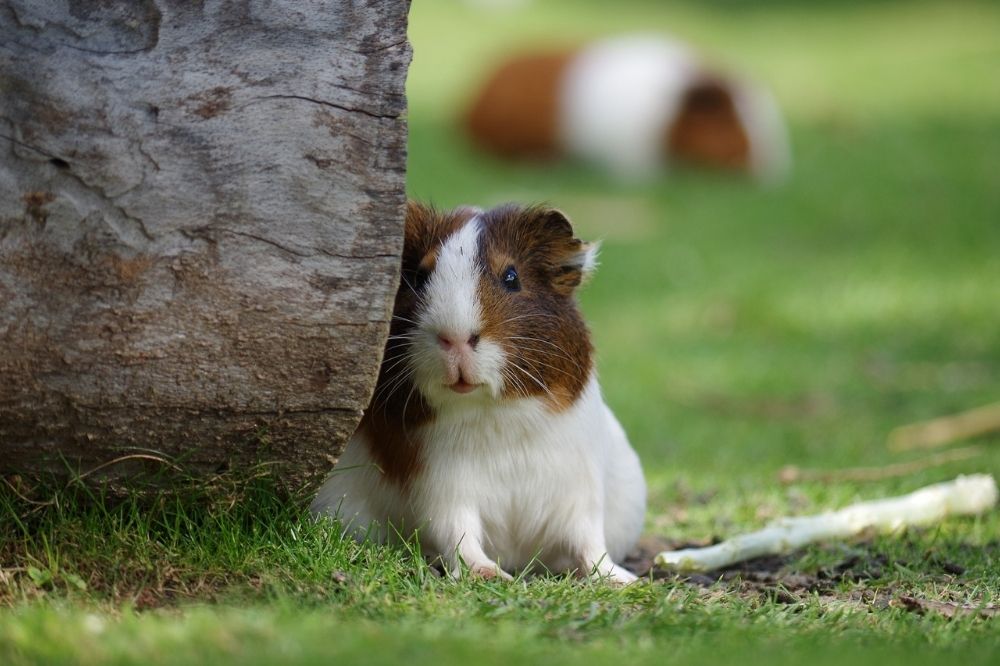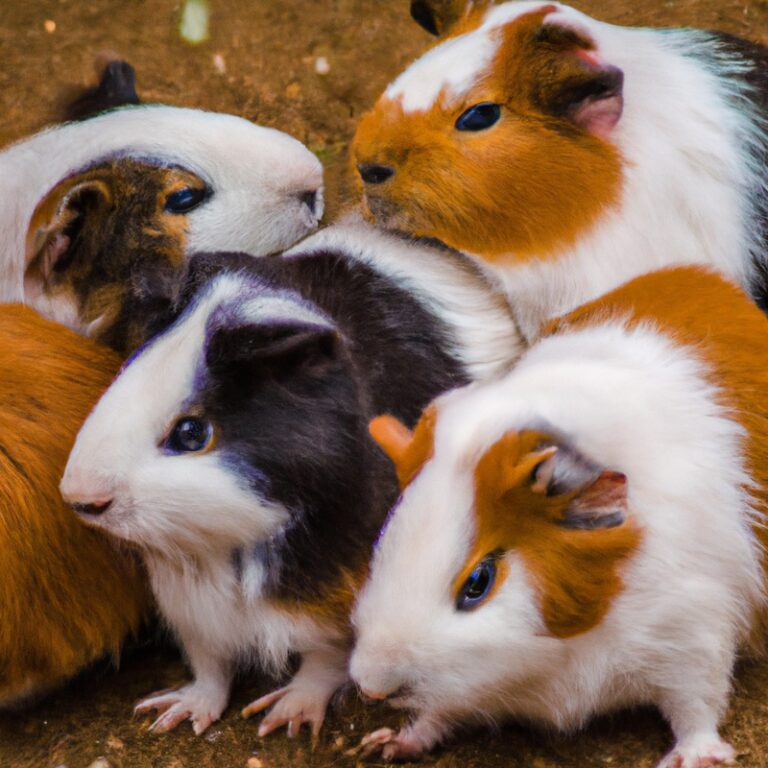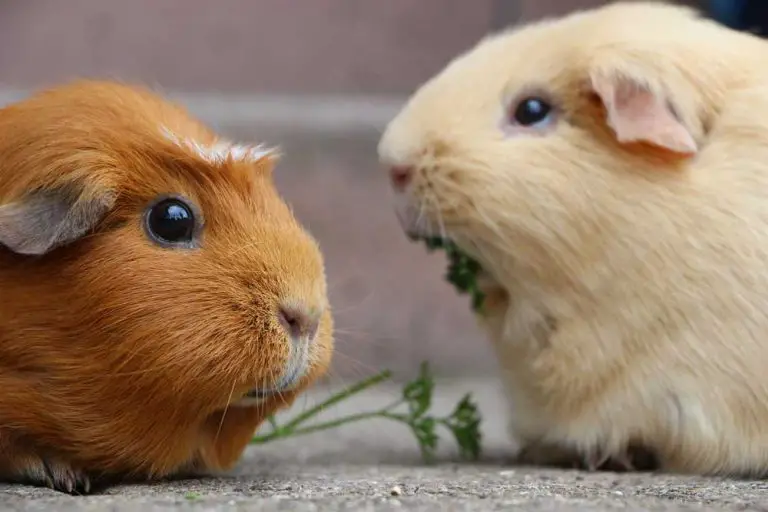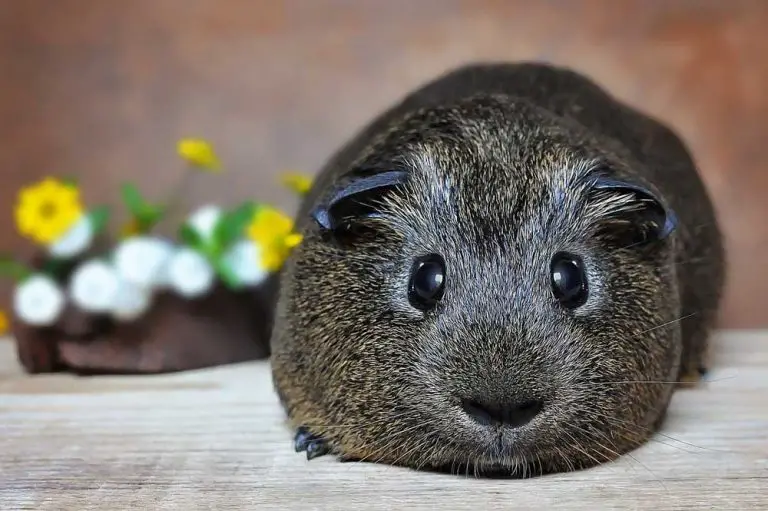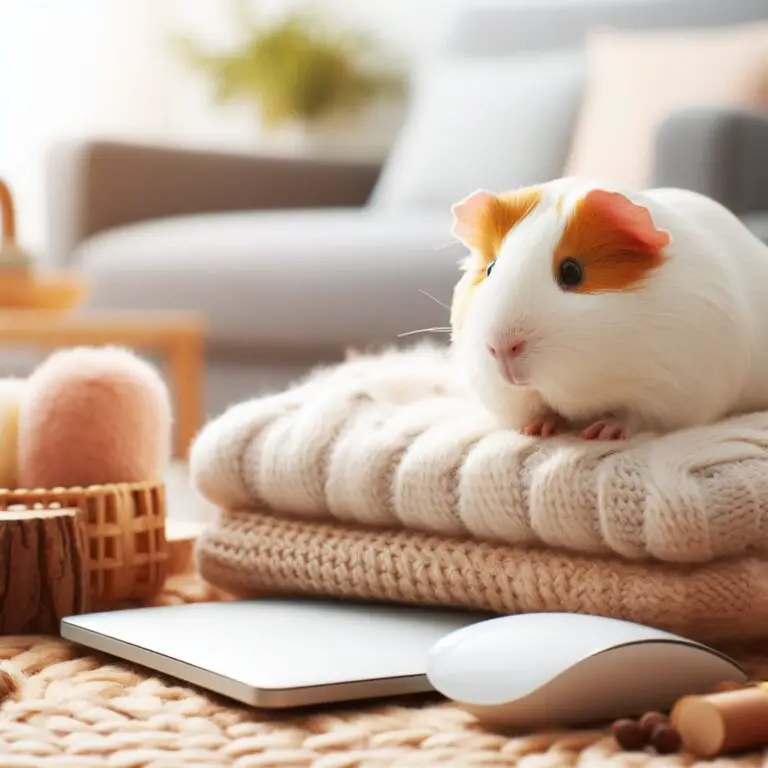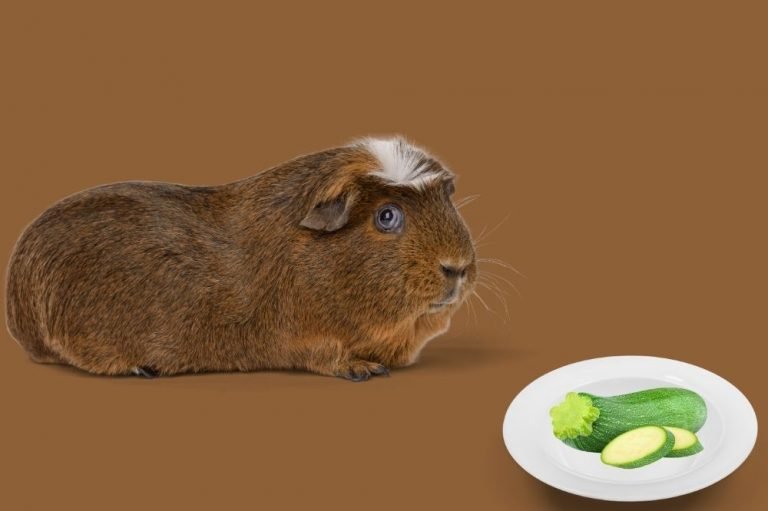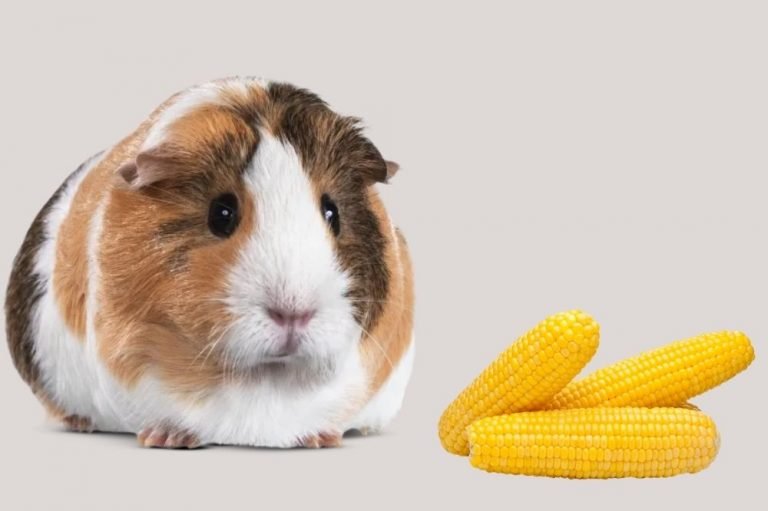Why is My Guinea Pig Not Drinking Water?
Water is essential for good health in both humans and animals. When your guinea pig refuses to drink water, this becomes a source of concern for you as a pet owner. What are the possible reasons for this change in your pet?
Why is My Guinea Pig Not Drinking Water?
Sometimes guinea pigs will have a decreased water appetite. However, refusal to drink water is not normal and might be a sign of more underlying conditions like physical or mental trauma. Try observing your pet more carefully to determine the problem and adjust accordingly.
Causes of Decreased Water Appetite in Cavies
Stress and anxiety: When you pet is stressed or anxious, it hides away and loses interest in most things. This includes eating and drinking water.
Injury or pain: A hurting guinea pig will want to lie around and probably won’t move around to drink water.
Respiratory infection: Guinea pigs are prone to diseases like cardiac disease and bacterial pneumonia. This may result in a decreased water appetite.
Dental problems like cheek teeth elongation or gum problems. This makes it hard for them to be able to drink or eat anything.
Gastro intestinal problems e.g. ulcers, bloating etc. In such cases, the guinea pig will hardly drink water.
Urinary tract infection in cavies: When they have these infections, they urinate less often. This will result in more water being retained in their bodies therefore they drink less.
Feeding your cavy with water that has high chemical levels e.g. chlorine.
Changes in environment: New pets are at first afraid and anxious. This makes them to hide away and will only come out to take water when you are not around.
Other factors which are not fatal include;
a). Changing the diet: When more fruits and vegetables are incorporated into your cavy’s diet, it will not require a lot of water.
This is because fruits and vegetables are succulent therefore they have high water content and will meet the water requirements of your pet.
b). Weather condition changes: During cold weather, guinea pigs might not drink a lot of water since they are not losing much.
Right Water Amounts for Guinea Pigs
Inadequate water intake in guinea pigs leads to dehydration. When cavies are dehydrated, they could die within a period of twelve to forty eight hours. Ensure that your pet is taking water in the right amounts.
A single guinea pig should drink at least eighty to a hundred milliliters of water per day. However water intake in guinea pigs varies depending on age, weather conditions and the stage of production.
Younger guinea pigs will drink less water since they get most of it from the mother’s milk.
During hot temperatures, guinea pigs will drink more water to replenish the lost amount.
Moreover, lactating and pregnant guinea pigs require more water content. Milk production in lactating guinea pigs requires water thus the high water intake.
Water Feeding in Guinea Pigs
How you offer your pet water and the water given influences its ability to drink the water. Sometimes, the guinea pig will refuse to take water because of issues on your end. So, what is the right water routine for these pets?
Ensure you feed it with clean, fresh water with less or no chemicals and no added additives like vitamin C.
For water feeding areas, water bottles are highly recommended than bowls. Water bowls will easily get dirty and your pet might not drink the dirty water.
Have more than one water bottle in your pet’s cage. For many cavies in one cage, have more water bottles so that each has an opportunity to take water.
Water supply for your pet should be constant the water bottles should always have water.
Clean the water bottles daily and replenish them with fresh water. Dirty bottles will likely have blocked nozzles.
Ways to Encourage Guinea Pigs to Drink Water
Engage your guinea pig in more activities, play and exercise. Active guinea pigs will want more water to drink.
For new guinea pigs, give them an opportunity to adapt to the changes in environment. When they warm up to you and get comfortable, they are able to easily take water.
Don’t add any additives to your pet’s water. Fresh water is good enough.
Guinea pigs do not like warm water. Give them water which is at room temperature or slightly cooler but not extremely cold.
Try giving it more dry food which will induce a thirst for water.
Apply treats like honey depending on what your pet likes at the nozzles of the water bottles. This will encourage it to drink more water.
Input water bottles of different sizes so that the pet drinks from the bottle it is comfortable with.
If your pet refuses to take water completely, seek veterinary advice.
Importance of Water in Guinea Pigs
Water in your pet plays different functions including aiding in digestion, food absorption in the stomach, regulation of temperature, reproduction, removal of wastes, transport of nutrients just to mention but a few.
Dehydration in Guinea Pigs
Your cavy can easily dehydrate when it has less moisture content in the body. There are several ways to spot dehydration in guinea pigs which include;
- Poor appetite: A loss in appetite in your pet could be due to the less water intake.
- Your guinea pig saliva becomes thick and sticky.
- Infrequent urination due to the less water in its body.
- The guinea pig urine changes from the normal color to a dark color.
- The eyes become crusty or cloudy contrast to the normal healthy shiny, clear, alert eyes.
- Your guinea pig will have a hard, dry stool.
Always ensure you seek medical advice for further clarifications.
Conclusion
Water plays an important role in the health of your pet. Always be keen with your guinea pig to ensure it receives it in adequate amounts to avoid any health related issues.

